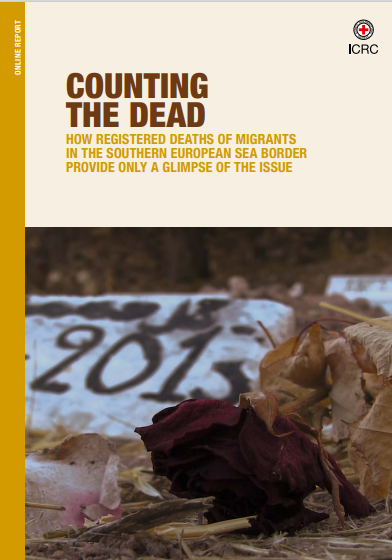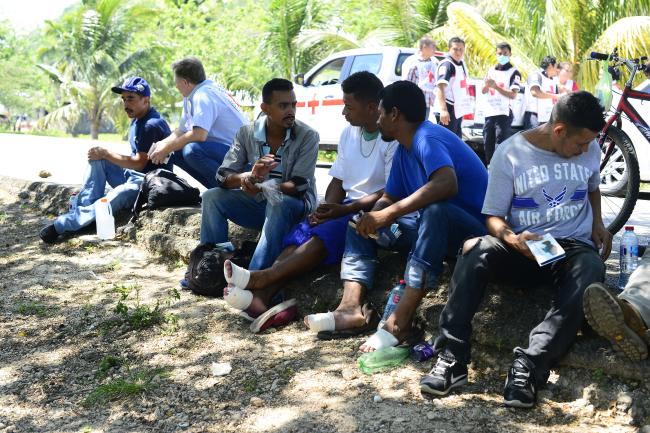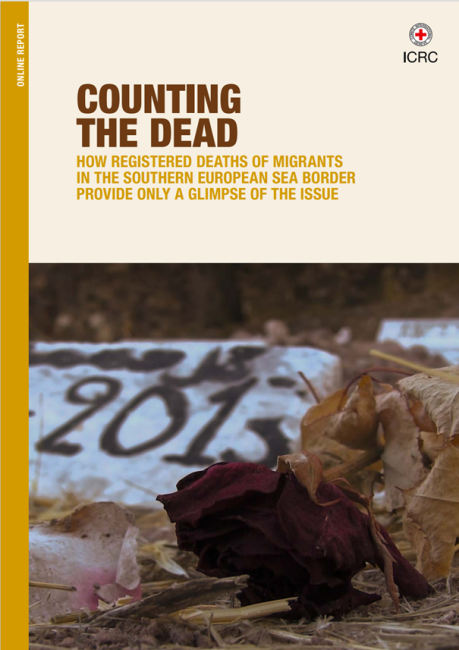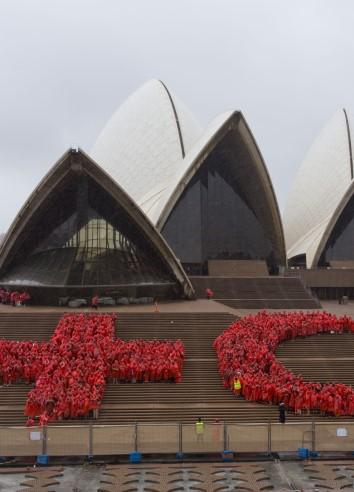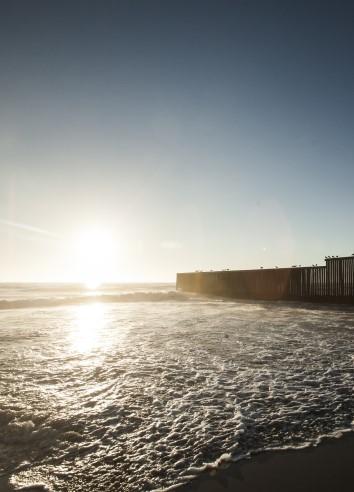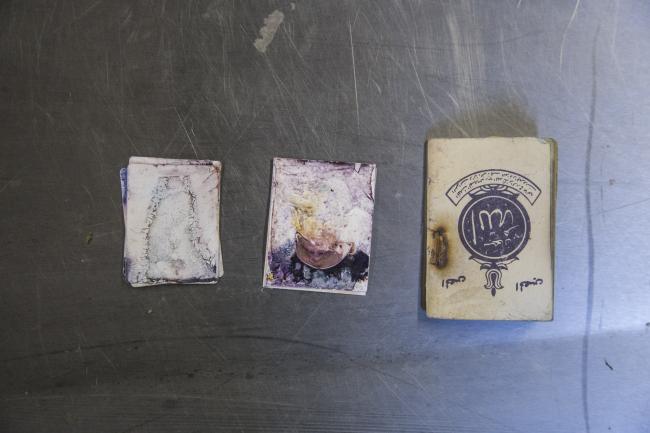
Tracing and Identifying Missing and Deceased Migrants in North Africa
For more than 30 years, NGOs and journalists have been warning about the growth in the number of crossings of migrants and refugees in the Mediterranean. These testimonies, which struggle to illustrate the extent of the human disaster taking place in the region, unfortunately disappear too quickly from our news.
They leave behind survivors, often parked in camps, but also victims, whose bodies are not always found. These bodies, present or not, are the only object of mourning for families grieving over the loss of a loved one.
What measures are in place to ensure dignified last care for victims? Do their families have support in these tragic times?
In a recent report, EuroMed Rights offers an analysis at the national and regional levels of the practices and systems in force in North Africa with regard to the management of the bodies of deceased or missing persons. While these services are often lacking, the report also offers a map of civil society actors involved in this process.
EuroMed Rights offers recommendations for international organizations and national authorities in order to strengthen the efficiency and transparency of operations to search for and identify persons who have disappeared or died during their migration.


